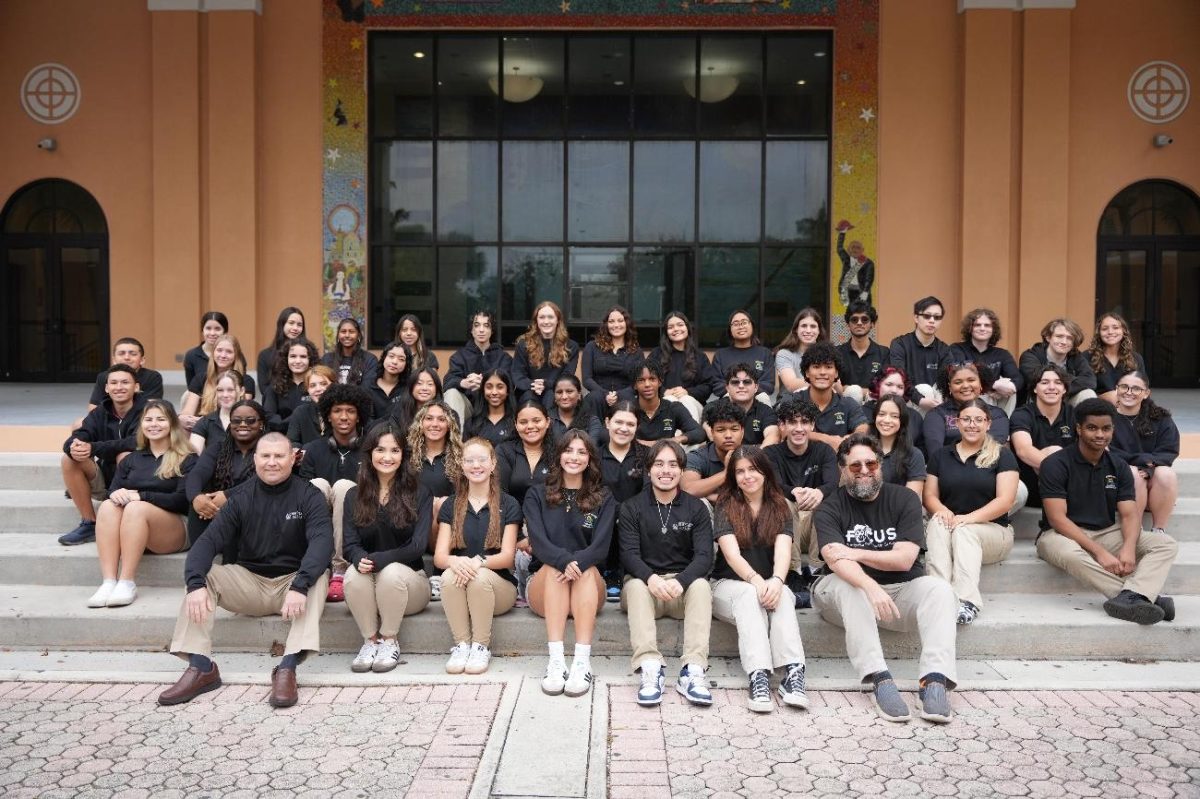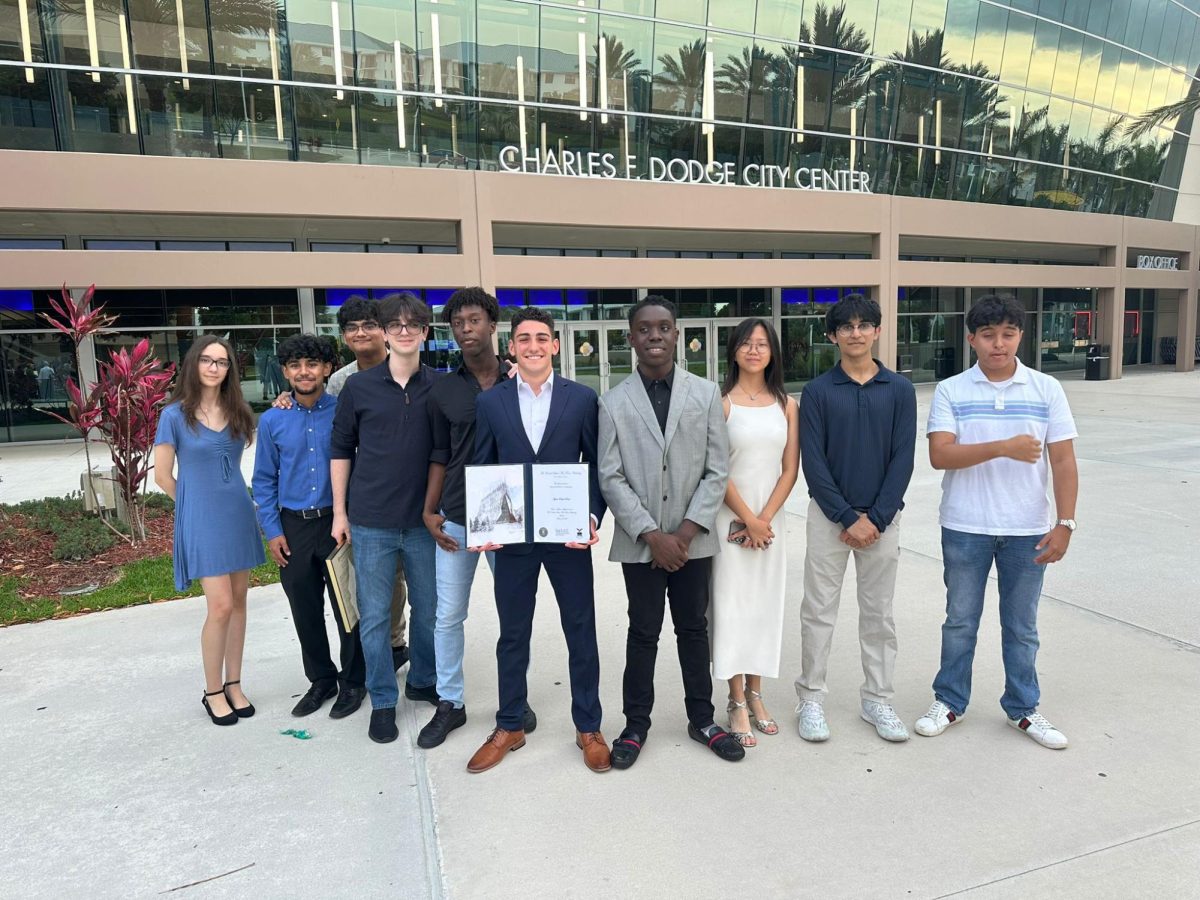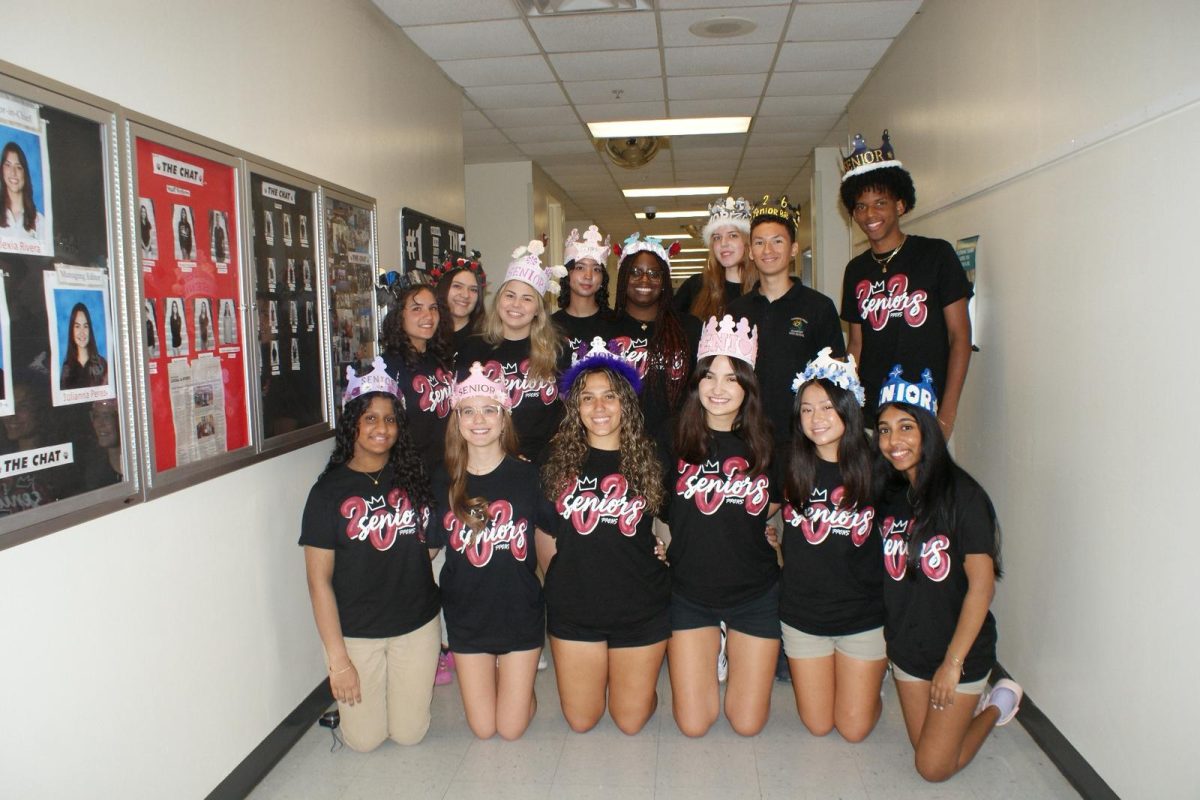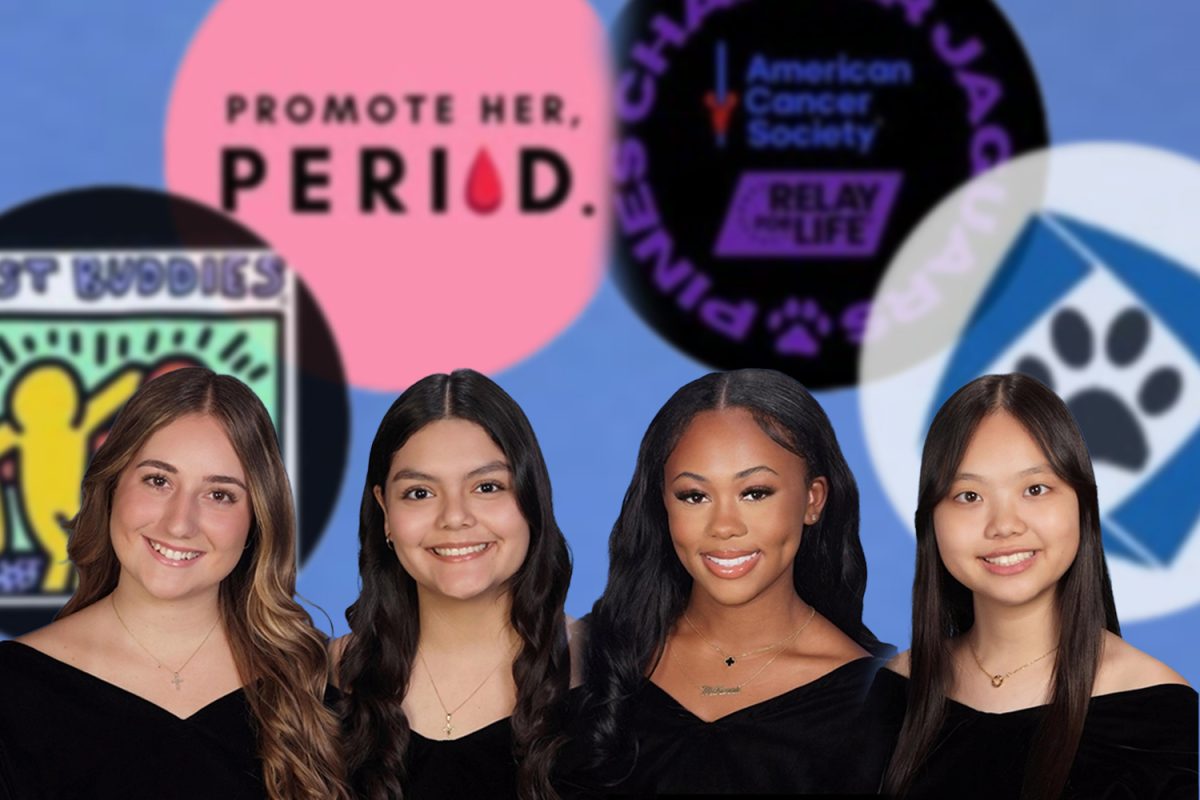Barbie, Oppenheimer, The Last of Us, and Succession are just a few among the most successful pieces in the modern film and television industry. With all this buzz surrounding them, you would think they consist of sufficient salaries for all contributors; however, writers and actors have experienced just the opposite, sparking fire in writers’ and actors’ hearts alike, as they fight for change.
With this new age of film, there are countless ways to watch your favorite guilty pleasure movie. Prior to streaming platforms, viewers would rent DVDS from stores and later return them after they finish watching. Actor Chris Browning, who starred in Bright, made around $25,000 alone from DVD copies. With Netflix, meanwhile, he only earned approximately $271, as the consequence of streaming services only paying single residual checks.
Residuals are the amount of money paid to the actors, writers, and directors for reruns of a show following its initial release. Nonetheless, streaming services don’t base their pay on viewer numbers, bringing financial hardship to not only the actors, but writers as well. Jane the Virgin, a 2014-2019 hit show, was recently re-run by streaming platforms, but the residuals didn’t reach even close to what it deserved. Writer of 2 episodes, Valentina Garza, got her checks of one and two cents.
WGA, the Writers Guild of America, who represent writers in film, put matters into their own hands and are currently fighting against alleged abuse in the film industry. After voting in favor of a strike, many acclaimed actors, writers, and directors all gathered in unity to bring justice to everyone’s wages. Actors including Olivia Wilde, Florence Pugh, Aubrey Plaza, and Adam Scott are showing their support at the protests with signs that read “SAG AFTRA ON STRIKE!”.
With all the ideas and compromises to change the industry for the better, it is ironically hurting it simultaneously. Multiple big name productions are being put on pause. The Summer I Turned Pretty, Stranger Things, Euphoria, and Jimmy Kimmel Live are just among the many popular household titles affected. “I feel very upset personally because why is Euphoria coming out when I graduate high school? I’ll be the same age as Maddy, like it doesn’t feel right,” says sophomore Laurent-Sebastian Lassegue on Euphoria’s delay.
L.A. is the heart of the industry, meaning jobs and internships there are at their lowest. For aspiring directors, actors, and writers trying to make it big, their dreams are halted, leaving AI a possibility to take over. In the end, “AI will never experience the true depth of heartbreak, passion, insecurity, grief, or any other emotions that make us human.” Aspiring director Jasmine Perez is living in the heart of the strike, hoping “that once the strike ends […], we will crack down on executives for a better industry.”
Film and cinematography play a significant role in society as it passionately shines lights on people’s struggles, happiest moments, and discoveries. With this strike, it drives a wedge in between people and their connections, with stories shared on the big screen. These stories may or may not continue based on the response from the industry.








